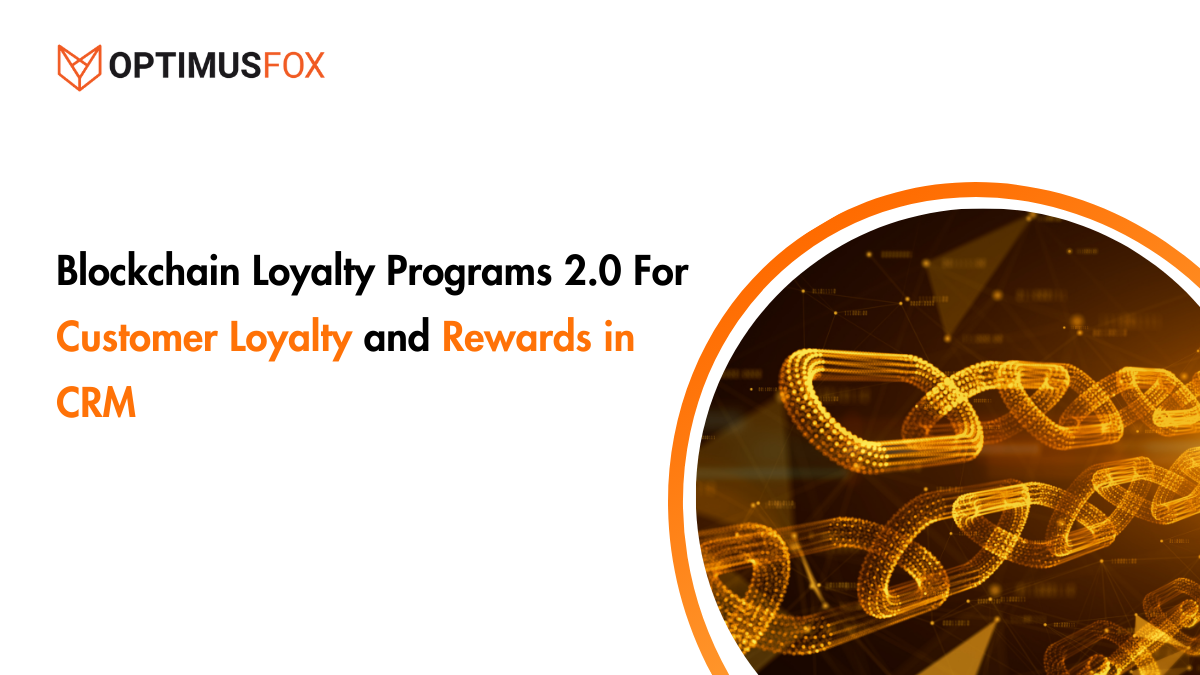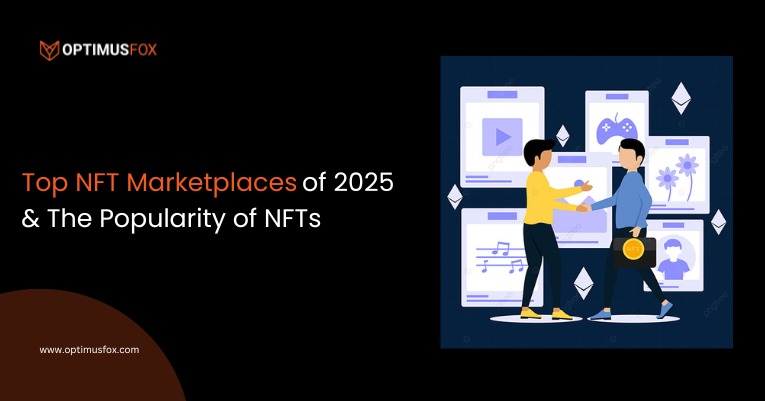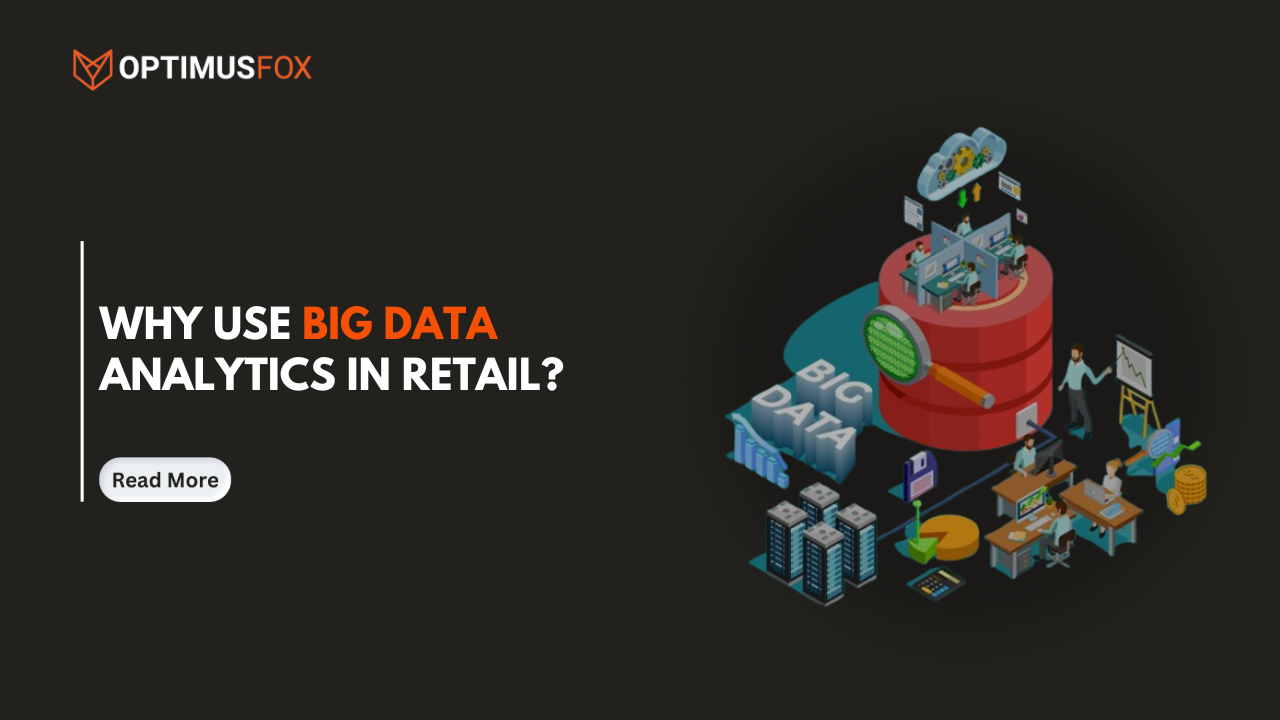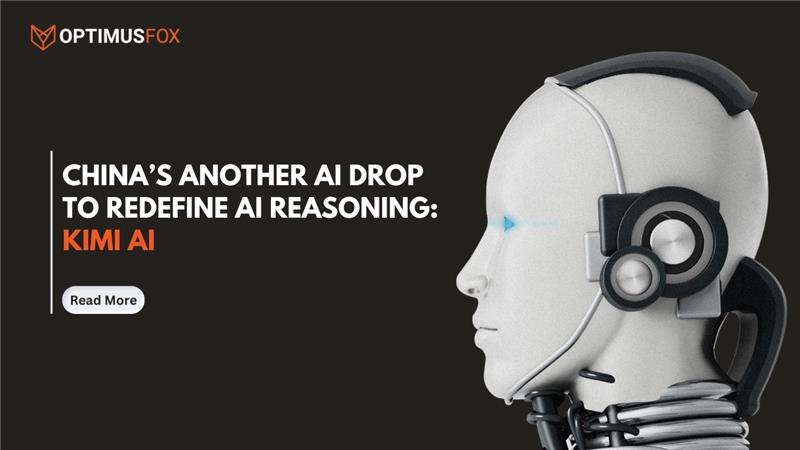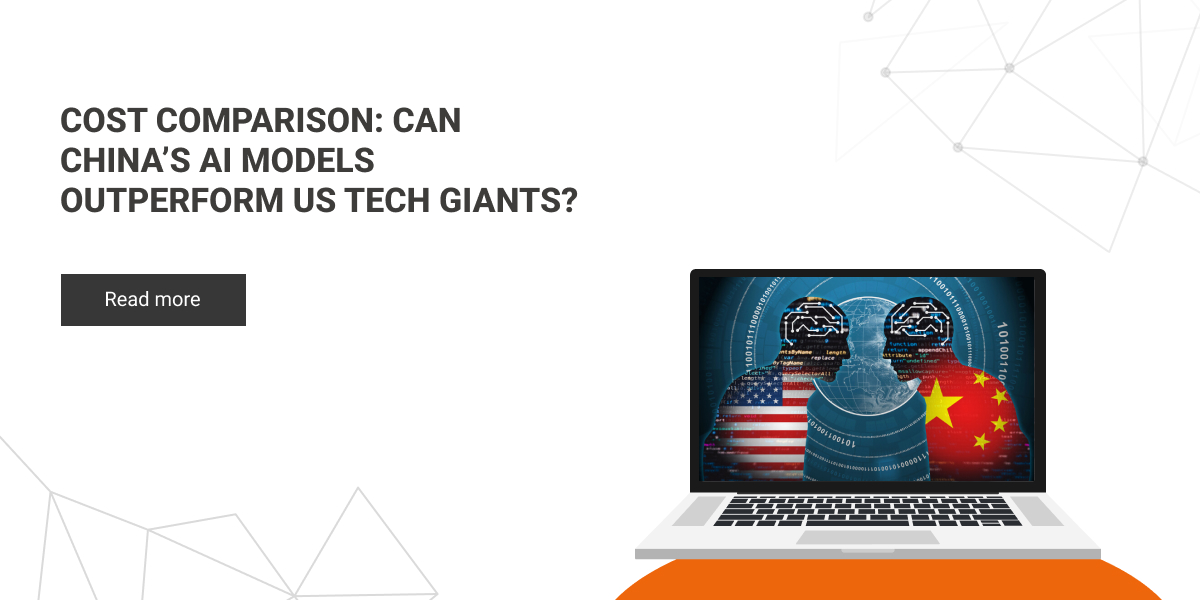Introduction
Blockchain is a distributed and digital ledger. It is commonly known as a technology behind cryptocurrencies like Bitcoin, but its applications extend to various industries including customer loyalty programs. Traditional customer loyalty programs lack flexibility and transparency. There are limitations for where and how points can be redeemed which limits customer engagement and satisfaction. In addition, it is costly for businesses to manage these programs due to the requirement of complex reconciliation processes and mediators. That is why it is difficult to build customer loyalty and this can lead to frustration. However, blockchain integration into customer loyalty systems can solve these issues.
In this blog, we will explore the limitations of traditional loyalty programs, what are loyalty programs 2.0, how they work how they help in customer loyalty and rewards in CRM and everything you need to know.
Traditional Loyalty Programs and Their Limitations
Traditional loyalty programs were designed for a marketing approach. It was used to reward customers for their purchases. It had features like points accumulation, where customers earn points for each purchase. Moreover, they can redeem those points for discounts or rewards. Like all other traditional systems, traditional programs also bring limitations. Here are some of the limitations listed below:
→ Studies indicate that around 70% of loyalty program members do not actively redeem their points resulting in diminished program effectiveness.
- Restrictive Expiration Policies:
Many traditional loyalty programs provide dates for points to expire. When rewards expire before they get redeemed, customers get frustrated. This limitation reduces customer engagement and the effectiveness of the program. Moreover, customers feel pressured to spend points before they expire or may abandon the program altogether if they lose points.
- Lack of Interoperability:
Traditionally, when points are earned in one brand’s loyalty program are restricted to that specific brand. It means they can’t use them across multiple businesses or partner brands. This inflexibility reduces the value of the platform for customers as they are limited in how and where they can redeem their rewards.
- Data Security Concerns:
Loyalty programs have centralized data storage. Centralization makes them more vulnerable to data breaches and hacking attempts. As these programs have customer data like personal information and purchase history, it puts it at risk. Moreover, brands face challenges in ensuring data privacy and security resulting in trust damage and loyalty if compromised.
- Difficulty in Building Lasting Loyalty:
All of the limitations of traditional loyalty programs damage long-term loyalty. Particularly, in today’s competitive market where customers expect convenience, security, and personalization. Furthermore, many brands fail to retain customers because they prefer flexible, personalized loyalty experiences.
Intersection of Blockchain and Loyalty Programs
Firstly, Blockchain technology is decentralized and a secure foundation for managing loyalty programs. It can solve many challenges that traditional systems face. Blockchain in loyalty systems can enhance transparency by allowing customers to view how points are earned and redeemed, fostering trust and confidence in the program. Moreover, Blockchain enables interoperability between various loyalty programs. This means customers can use points across multiple brands seamlessly. As a result, it creates a more unified and valuable experience.
Secondly, blockchain-based smart contracts are used in loyalty programs to automate reward distribution and redemption. It solves the challenges of administrative overhead and errors and provides cost savings for businesses.
Thirdly, Blockchain’s tokenized approach is flexible. Customers need flexibility to trade and sell their points. However, data security is also important and blockchain’s encryption and decentralized nature saves customer information from breaches.
Fourthly, if brands will use blockchain, they can build stronger relationships with customers. Immutability provides verifiable transactions and real-time tracking of rewards. Thus, blockchain in loyalty programs brings decentralization. This intersection also refer to loyalty program 2.0.
Loyalty Programs 2.0
Loyalty systems that leverage blockchain technology are loyalty programs 2.0. Blockchain loyalty programs can manage, track, and redeem customer rewards. Traditional loyalty programs were limited by businesses. But, blockchain loyalty programs operate on a decentralized, secure ledger. As a result of blockchain integration, customers can earn and redeem rewards seamlessly across multiple brands or platforms. Thus, loyalty program 2.0 builds stronger brand loyalty making it a game-changer in CRM. Here are some of the benefits of blockchain loyalty programs in the image below:

How Does Blockchain Loyalty Programs Work?
Blockchain loyalty programs work by using blockchain which is a decentralized ledger. Blockchain functions in loyalty programs by tracking, managing, and redeeming rewards. Here’s a step-by-step breakdown of how they operate:
- Issuing Rewards as Tokens:
In blockchain, points or rewards are issued as tokens. For example, business rewards their customer when they purchase something or engage in a loyalty activity which is securely stored in the customer’s digital wallet.
- Tracking and Transparency:
Every transaction like point issuance and redemption is recorded on a decentralized blockchain ledger. Blockchain makes the entire process transparent and visible to all participants. As a result, it reduces the chance of fraud and discrepancies.
- Flexible Redemption:
Customers can redeem tokens in different ways like products, discounts, or services across participating businesses. Decentralization of tokens makes it used across different brands or platforms. As a result, it allows customers to have greater control and flexibility in how they use their rewards.
- Interoperability Across Platforms:
Blockchain is interoperable. It means rewards can be used beyond just one company’s ecosystem. For example, if a customer earn rewards with one brand and spends them with a partner brand, he can create a seamless loyalty experience across multiple businesses.
- Smart Contracts for Automation:
Blockchain loyalty programs use smart contracts for the automation of processes. It means when a customer goes to a specific spending level, a smart contract can automatically issue bonus tokens that save time and ensure consistency.
Impact of Loyalty Program 2.0 – Customer Loyalty and Rewards in CRM
Keeping the challenges mentioned above in mind, let’s explore how blockchain integration can transform loyalty programs and provide customer satisfaction and engagement in CRM:
- Reduced Fragmentation:
Isolated silos of traditional loyalty programs are a challenge for customers to use rewards across multiple brands. Blockchain unifies these programs as a single platform. It allows cross-brand point redemption for cohesive, valuable experience for customers and simplifies reward management.
- Enhancing Transparency:
Customers get frustrated over unclear point earning and redemption rules. However, Blockchain provides a record of all transactions that are verified. It allows customers to see exactly when and how points are awarded and redeemed.
- Enabling Flexible Expiration Policies:
A common pain point in traditional programs is expiring points. It can lead a business to dissatisfied customers. Blockchain provides flexible expiration policies for a customer-friendly approach. It encourages loyalty and reduces frustration over lost rewards.
- Reducing Administrative Costs:
When it comes to managing loyalty programs, it can be resource-intensive for businesses. Often, it requires manual tracking and reconciliation. However, Blockchain in loyalty programs automates these processes using smart contracts. It can cut down on administrative costs and improve operational efficiency. Using this technology, businesses can focus on strategic growth initiatives and enhance overall CRM efficiency.
- Improving Data Security:
Centralized loyalty programs have significant data security risks. Customer data is vulnerable to breaches leading to loss of brand reputation. Blockchain’s encrypted architecture gives protection for sensitive customer information. It also offers greater security and peace of mind for both businesses and users.
- Expanding Redemption Options:
Conventional loyalty programs limit how and where points can be redeemed. Blockchain facilitates partnerships across brands with flexible redemption options. It allows customers to use their rewards how they want and keep them actively engaged in the loyalty program.
- Increasing Customer Engagement:
Traditional loyalty programs are stagnant over time. The major challenge here is decreased engagement. Blockchain has diverse features like tokenization and interoperability. It introduces dynamic, customizable experiences that keep customers interested and engaged. Thus, loyalty programs remain appealing and relevant.
How Blockchain and CRM Can Work Together?
Blockchain’s decentralized data management in CRM can help businesses get a unified, real-time view of customer interactions and reward activities. Blockchain being a secure ledger allows CRM systems to record transactions. This approach boosts customer trust. Smart contracts play a role in automating loyalty processes like point allocation and reward redemption. All of this, when working together can streamline CRM operations and can reduce administrative costs. The integration for businesses looking for customer engagement can provide valuable insights. Thus a brand can deliver more targeted meaningful loyalty experiences across multiple brands and platforms.
Real-Life Applications of Loyalty Program 2.0
Here are the success stories of businesses that have already implemented blockchain-based loyalty programs to drive customer satisfaction, operational efficiency, and greater flexibility and value to customers. Let’s see some of these companies:
- Loyyal
Loyyal is a blockchain-based loyalty platform. It aims to help businesses create and manage loyalty programs with enhanced transparency and flexibility. Many companies are using Loyyal. They have reported a boost in customer engagement and significant reductions in operational costs. Thus, Loyyal’s platform is an innovation in providing seamless interoperability and real-time tracking for a valuable loyalty experience.

- Singapore Airlines
Singapore Airlines is already using a blockchain-based loyalty program called KrisFlyer. It provides customers with the flexibility to earn and redeem miles. Members can use their miles across a wider range of services and products. As a result, it increases the value of their rewards. This program is been a success in driving customer satisfaction and loyalty as it provides a versatile and appealing loyalty program.

- Hilton Honors
Hilton Honors is using a blockchain loyalty program to offer greater flexibility for members. Members can transfer points between different loyalty programs, such as Best Western Hotel Rewards and United Airlines frequent flyer miles. With this, members get expanded options for point redemption and transfer. This way Hilton has attracted new customers and increased the value of its loyalty program.

Upgrade Your Business With Blockchain Development
OptimusFox is a leading blockchain development company striving to empower businesses to uncover new growth opportunities. We have delivered a range of innovative solutions to our clients worldwide providing decentralization. We have been helping clients for years in integrating blockchain technology across various industries, from finance and retail to customer loyalty and supply chain management. We have a team of experienced developers that works closely with clients to understand their unique needs, designing and deploying customized blockchain solutions that enhance transparency, security, and operational efficiency. Our blockchain development services ensure seamless integration with existing systems while focusing on delivering secure, scalable, and future-ready solutions.
Final Words
We know that traditional loyalty programs were important in customer retention but they have played their role. In the recent digital world of transformation, conventional loyalty programs face many challenges and are making businesses lose their customers. However, if businesses embrace technologies like blockchain, they can build stronger, more meaningful relationships with their customers.
→ Let’s build a future together, where security, transparency, and innovation drive your success.

